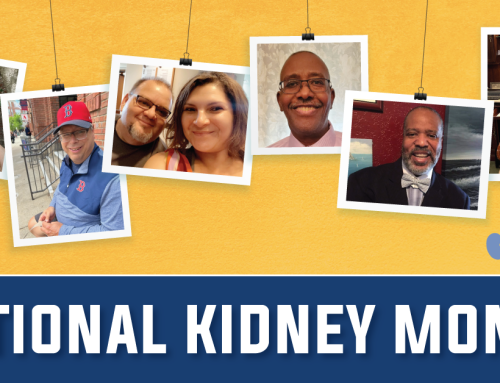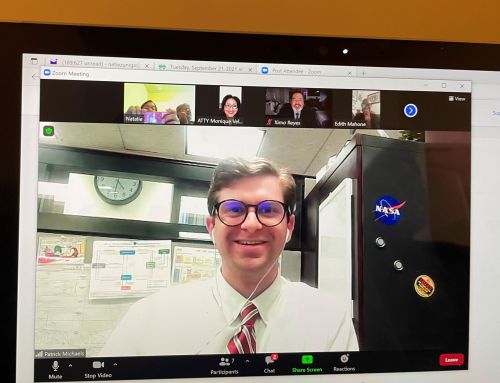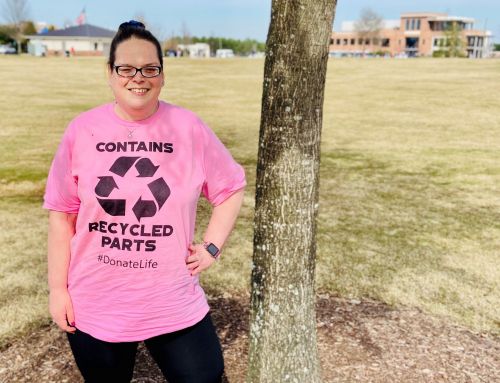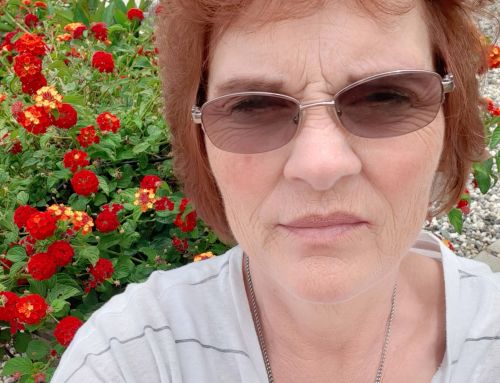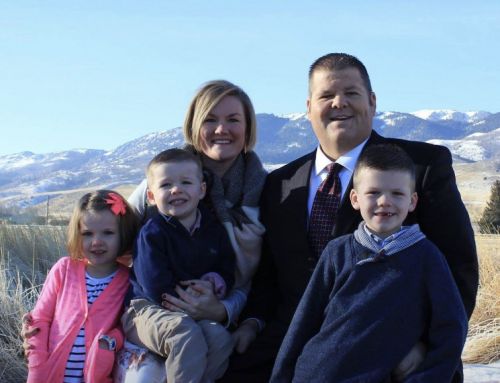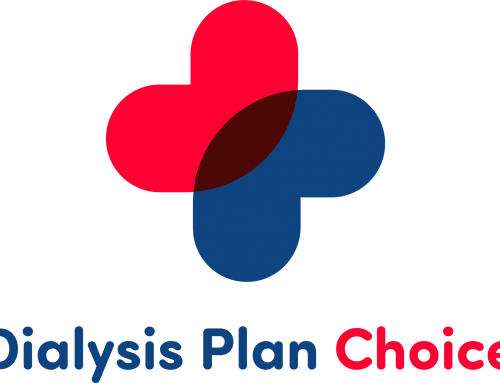By Jessica N., Director of Public Affairs
As I highlighted last fall, DPC has been busy working with other kidney community organizations and the federal government on a new and improved way to provide care to dialysis patients. As part of recent health care reform efforts, Medicare has been developing new ways to coordinate care for various patient groups and they just came out with their dialysis specific program!
Medicare, or more specifically the Centers for Medicare and Medicaid Innovation (CMMI), released the official blueprint for this new program, which they have called the Comprehensive ESRD Care Initiative.
The initiative is designed to improve care coordination and health outcomes for Medicare ESRD patients through the creation of ESRD Seamless Care Organizations (ESCOs). These new organizations will consist of dialysis providers, nephrologists and other Medicare providers or suppliers, and the new ESCOs will identify, test and evaluate new ways to deliver improved care to dialysis patients.
Participating ESCOs will be judged on a series of quality measures that fall into five categories: 1) preventive health, 2) chronic disease management, 3) care coordination and patient safety, 4) patient and caregiver experience and 5) patient quality of life. Those ESCOs that achieve a high standard of quality care will be eligible to share in any savings that they create through these new models. These organizations are meant to be more patient-centered, but will still allow all participating patients the freedom to see any medical provider they choose.
While we are very excited by this opportunity, many questions still remain. CMMI has not yet released details on exactly what quality measured will be used and it is unclear how many dialysis providers will participate. The deadline to show interest in creating an ESCO was just extended to May 15th, and full applications must be submitted in July.
If you are looking for more information, CMMI has a page dedicated to this new program and they released a helpful fact sheet.
As we learn more about these new ESCOs and gain a better understanding of what this means for patients, we will keep you posted. So keep checking back!











